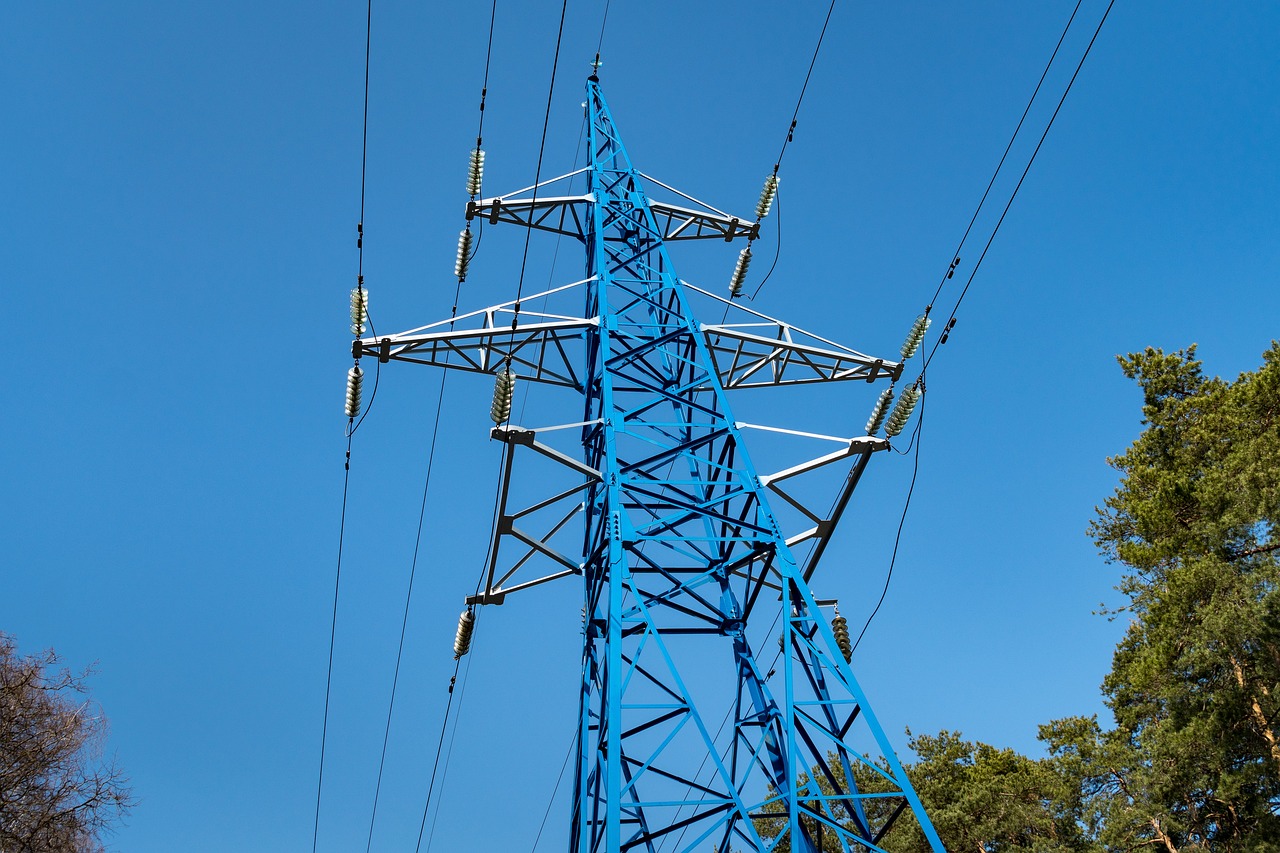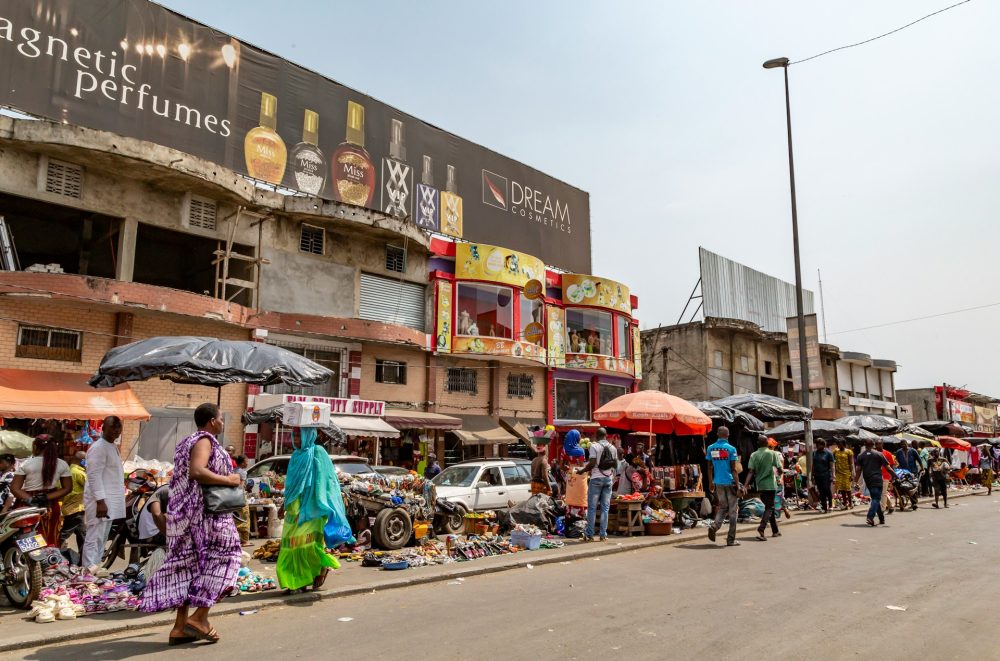Africa
Rural Electrification in Burkina: Towards the Implementation of a National Strategy
The National Rural Electrification Strategy (SNER) in Burkina Faso, estimated at 625 billion FCFA, aims to electrify 1,000 rural localities annually over five years, connecting 1,200,000 new subscribers by 2028. The UNDP will support its implementation, as confirmed by its representative, Alfredo Teixeira, at a national validation workshop.

The Minister in charge of Energy, Yacouba Z. Gouba, chaired the opening ceremony of a national workshop devoted to the validation of the national rural electrification strategy in Burkina. It was in the company of the UNDP resident representative in Burkina, Alfredo Teixeira.
“By 2028, we aspire to a Burkina Faso where rural electrification is not a luxury, but a fundamental right for every citizen. A country where endogenous resources are wisely exploited, where a favorable legal and institutional framework attracts private investment.”
This is the vision pursued by this rural electrification project in Burkina, whose national strategy should be validated during this national workshop chaired by the minister in charge of energy, Yacouba Z. Gouba. A vision which is thus based, according to him, on national technical expertise capable of intervening in the field of rural electrification, while explaining that it is certainly ambitious, but achievable.
Read more about the electrification of rural areas in Burkina and find the most important economic news from around the world with the Born2Invest mobile app.
The implementation of this National Rural Electrification Strategy (SNER) is estimated at 625 billion FCFA
For the first head of the department in charge of energy, this rural electrification project is a historic opportunity to transform the energy reality of our country, to move from a rural electrification rate of only 5.49% to 2022 to 50% by 2028. He clarified that this is not just a quantified objective, but a stated desire and a commitment to our compatriots living in the most remote regions of our country. It is a desire to reduce inequalities, stimulate economic development and improve the quality of life of all our citizens, regardless of their geographical location, he said.
This national strategy aims, more specifically, to improve governance in the field of rural electrification, and to strengthen and sustain the rural production and distribution fleet. Added to this is also the strengthening of productive uses of electricity in rural areas and the technical capacities of the structures in charge of rural electrification.
These objectives were also cited by the deputy director of energy, Boubacar Thierry Ouédraogo, who also stressed that rural electrification cannot be considered in isolation. According to him, it must be integrated into a holistic approach to sustainable development with first the participation and empowerment of the beneficiary populations. This is why, he says, rural communities must be at the heart of the decision-making process and their needs, aspirations, as well as their knowledge must be fully integrated into the design and implementation of projects.
While wishing for fruitful exchanges and consultations with all stakeholders, the minister indicated that if the document is validated, it will become a road map and a compass towards a bright electrical future for the villages and rural communities of Burkina Faso.
Furthermore, the implementation of this National Rural Electrification Strategy (SNER) is estimated at 625 billion FCFA. It will make it possible to electrify 1,000 rural localities per year through the interconnected national network, mini green networks and individual systems, i.e. 5,000 localities for the next five years and to connect 1,200,000 new subscribers by 2028.
This major electrification project will be implemented thanks to the support of the UN agency UNDP, whose representative residing in Burkina Faso, Alfredo Teixeira, was present at the opening ceremony of the national validation workshop. He reassured of the support of his institution for the effective implementation of the said strategy.
__
(Featured image by Alexei_other via Pixabay)
DISCLAIMER: This article was written by a third party contributor and does not reflect the opinion of Born2Invest, its management, staff or its associates. Please review our disclaimer for more information.
This article may include forward-looking statements. These forward-looking statements generally are identified by the words “believe,” “project,” “estimate,” “become,” “plan,” “will,” and similar expressions. These forward-looking statements involve known and unknown risks as well as uncertainties, including those discussed in the following cautionary statements and elsewhere in this article and on this site. Although the Company may believe that its expectations are based on reasonable assumptions, the actual results that the Company may achieve may differ materially from any forward-looking statements, which reflect the opinions of the management of the Company only as of the date hereof. Additionally, please make sure to read these important disclosures.
First published in le faso.net. A third-party contributor translated and adapted the article from the original. In case of discrepancy, the original will prevail.
Although we made reasonable efforts to provide accurate translations, some parts may be incorrect. Born2Invest assumes no responsibility for errors, omissions or ambiguities in the translations provided on this website. Any person or entity relying on translated content does so at their own risk. Born2Invest is not responsible for losses caused by such reliance on the accuracy or reliability of translated information. If you wish to report an error or inaccuracy in the translation, we encourage you to contact us

-

 Cannabis1 week ago
Cannabis1 week agoWhen a Cutting Becomes a Cannabis Plant: Court Clarifies Germany’s Three-Plant Rule
-

 Africa2 weeks ago
Africa2 weeks agoIvory Coast Development Plan 2026–2030: Investment, Growth, and Strategic Reforms
-

 Africa3 days ago
Africa3 days agoMASI Surge Exposes Market Blind Spot: The SAMIR Freeze and Hidden Risks
-

 Crypto1 week ago
Crypto1 week agoBitcoin Rebounds Above $70K as Crypto Markets Show Fragile Signs of Recovery













